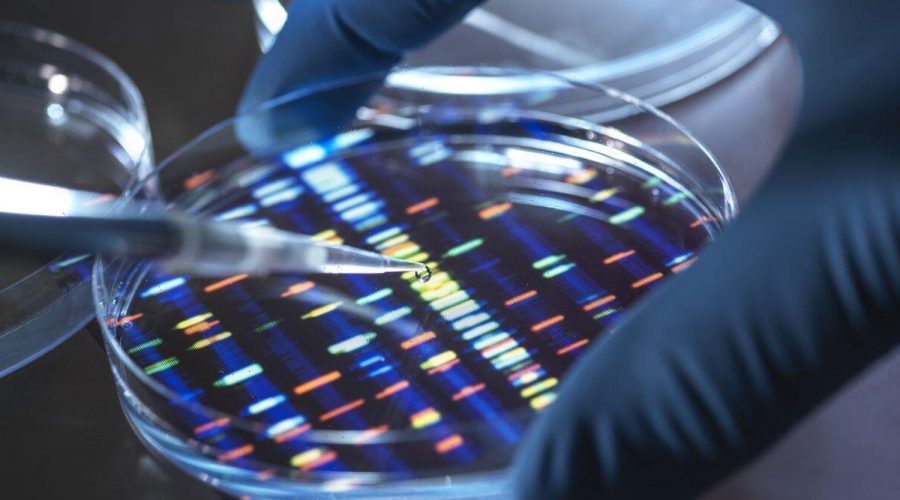Your longevity may be determined by 17 surprising factors – study
Centenarian reveals SURPRISE drink that helps her live longer
We use your sign-up to provide content in ways you’ve consented to and to improve our understanding of you. This may include adverts from us and 3rd parties based on our understanding. You can unsubscribe at any time. More info
Scientists have firmly established that our genes possess many of the secrets to living a long and healthy life. But advances in ageing science are also partly owed to analytical tools that identify potential targets for therapy. A new model has now provided valuable insight that could significantly improve these measures in years to come.
The new model assesses longevity by looking less at classic disease markers like heart disease and diabetes and rather focuses on factors such as the ability to grocery shop, or whether a person has occasionally smoked in their lifetime.
Virginia Byers Kraus, professor of the Department of Medicine, Pathology and Orthopaedic Surgery at Duke University School of Medicine, said the study was designed to assess the causes of longevity.
She said: “This study was designed to determine the proximal causes of longevity – the factors that portend whether someone is likely to live two more years or 10 more years.
“Properly applied, these measures could help determine the benefits and burdens of screening tests and treatment for older people.”

The findings, published in eBioMedicine, emerged from a study led by Duke Health researchers, who launched an inquiry based on 1,500 blood samples.
Their findings offer clues as to whether a person over the age of 70 is likely to live another two, five or 10 years.
All blood samples were gathered before medications like statins had been diffused, which could have skewed the results.
Study volunteers have also been followed for several years and provided valuable information about their health histories and habits through questionnaires.
According to the analysis results, the leading factor associated with longevity was physical functions.
This was broadly defined as the ability to go grocery shopping or perform other housecleaning chores.
Surprisingly, the research also found that having other health complications and heart disease were not the main predictors of longevity.
It was established that for older people living two years beyond the time that their blood was drawn, the leading factor associated with longevity was having an abundance of high-density lipoprotein (HDL) cholesterol.

More specifically, it was not just having any HDL lipids that mattered but having high volumes of very small HDL particles.
The researchers said this discovery was most curious, describing it as “especially surprising”.
Professor Kraus added: “We hypothesised that these very small HDL particles are the size that is best at scavenging and clearing endotoxin, a potent inflammation-causing molecule from gut microbes, from the circulation.

“The small particle may also be best able to get into the nooks and crannies of cells to remove bad cholesterol, so having more of them could provide this protective benefit.”
At five years after having blood drawn, being of a younger age and cognitive function was predictive of longevity.
Among the longest survivors – those living 10 years – the best predictor was a person’s smoking history, with non-smokers faring best.
Together, these measures broaden our understanding of the factors underpinning longevity and could point to appropriate interventions, the authors noted.
Source: Read Full Article
